From Coast to Coast: Uncovering the Most Loved Cars in Each State
Every state in America has its own unique preferences when it comes to choosing the right vehicle. These preferences are shaped by a variety of factors, including the state's geographical landscape, climate, and lifestyle of its residents. An article by J.D. Power explores the most popular vehicles sold be state.
- Alabama: Ford F-150
- Alaska: Subaru Outback
- Arizona: Toyota Tacoma
- Arkansas: GMC Sierra 1500
- California: Honda Civic
- Colorado: Subaru Forester
- Connecticut: Toyota RAV4
- Delaware: Ford Explorer
- Florida: Toyota Corolla
- Georgia: Chevrolet Silverado 1500
- Hawaii: Toyota Tacoma
- Idaho: Ford F-150
- Illinois: Honda Civic
- Indiana: Chevrolet Silverado 1500
- Iowa: Ford F-150
- Kansas: Chevrolet Silverado 1500
- Kentucky: Ford F-150
- Louisiana: Ford F-150
- Maine: Subaru Outback
- Maryland: Toyota RAV4
- Massachusetts: Honda CR-V
- Michigan: Ford F-150
- Minnesota: Chevrolet Silverado 1500
- Mississippi: Chevrolet Silverado 1500
- Missouri: Ford F-150
- Montana: Ford F-150
- Nebraska: Ford F-150
- Nevada: Toyota RAV4
- New Hampshire: Subaru Outback
- New Jersey: Honda CR-V
- New Mexico: Ford F-150
- New York: Honda CR-V
- North Carolina: Toyota RAV4
- North Dakota: Chevrolet Silverado 1500
- Ohio: Honda Civic
- Oklahoma: Ford F-150
- Oregon: Toyota RAV4
- Pennsylvania: Honda CR-V
- Rhode Island: Honda Civic
- South Carolina: Ford F-150
- South Dakota: Ford F-150
- Tennessee: Chevrolet Silverado 1500
- Texas: Ford F-150
- Utah: Ford F-150
- Vermont: Subaru Outback
- Virginia: Toyota RAV4
- Washington: Subaru Outback
- West Virginia: Ford F-150
- Wisconsin: Chevrolet Silverado 1500
- Wyoming: Ford F-150
The diversity in vehicle preferences across the United States reflects the varied lifestyles, climates, and terrains of each state. From the rugged Ford F-150 in Alabama to the versatile Toyota RAV4 in Oregon, each vehicle serves the unique needs of its local population. Understanding these preferences offers valuable insight into the regional characteristics and priorities of American drivers, emphasizing the importance of a vehicle's functionality, reliability, and adaptability in meeting the everyday demands of life across the country.
This article was co-written using AI and was then heavily edited and optimized by our editorial team.
More by TTAC Staff
Latest Car Reviews
Read moreLatest Product Reviews
Read moreRecent Comments
- Varezhka Dunno, I have a feeling the automakers will just have the cars do that without asking and collect that money for themselves. Just include a small print in your purchasing contract.I mean, if Elon Musk thinks he can just use all the Teslas out there for his grid computing projects for free, I wouldn't be too surprised if he's already doing this.
- Varezhka Any plans yet for Stellantis to wind down some of their dozen plus brands? I mean, most of their European brands (except Fiat and Maserati) are not only 80~90% European sales but also becoming old GM level badge jobs of each other. Lots of almost identical cars fighting within the same small continent. Shouldn't they at least go the Opel/Vauxhall route of one country, one brand to avoid cannibalization? The American brands, at least, have already consolidated with Dodge/Chrysler/Jeep/RAM essentially operating like a single brand. An Auto Union of a sort.
- Namesakeone I read somewhere that Mazda, before the Volkswagen diesel scandal and despite presumably tearing apart and examining several Golfs and Jettas, couldn't figure out how VW did it and decided then not to offer a diesel. Later, when Dieselgate surfaced, it was hinted that Mazda did discover what Volkswagen was doing and kept quiet about it. Maybe Mazda realizes that they don't have the resources of Toyota and cannot do it as well, so they will concentrate on what they do well. Maybe Mazda will decide that they can do well with the RWD midsized sedan with the inline six they were considering a few years ago
- IH_Fever A little math: An average, not super high end EV (like a model 3) has 70 kwh of storage assuming perfect fully charged conditions. An average 2-3 person home uses roughly 30 kwh per day. So in theory you have a little over 2 days of juice. Real world, less than that. This could be great if your normal outage is short and you're already spending $50k on a car. I'll stick with my $500 generator and $200 in gas that just got me through a week of no power. A/c, fridge, tv, lights, we were living large. :)
- EBFlex No. The major apprehension to buying EVs is already well known. The entire premise of the bird cage liner NYT is ridiculous.The better solution to power your house when the power goes out is a generator. Far more reliable as it uses the endless supply of cheap and clean-burning natural gas.



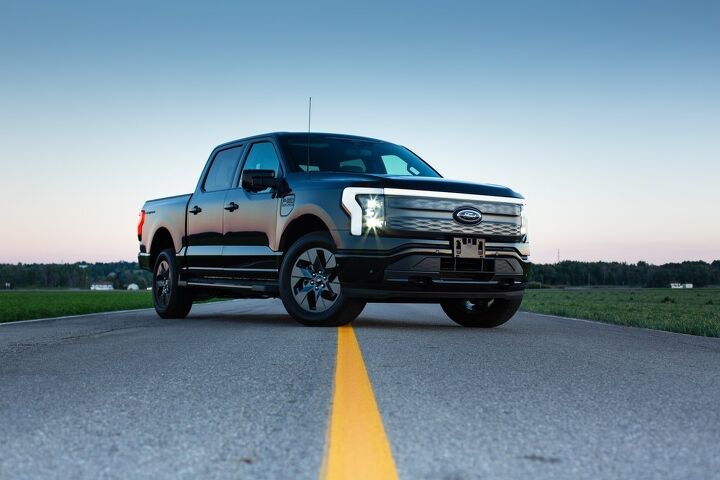











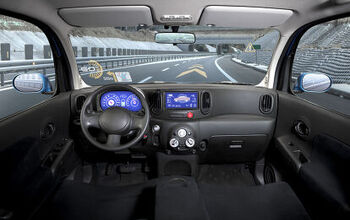





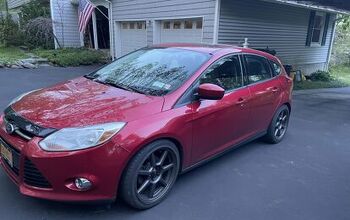


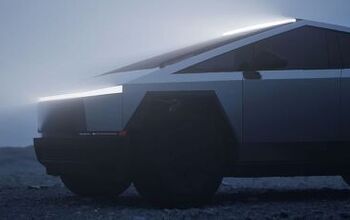




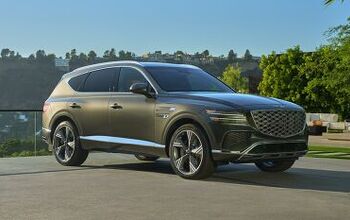



Comments
Join the conversation